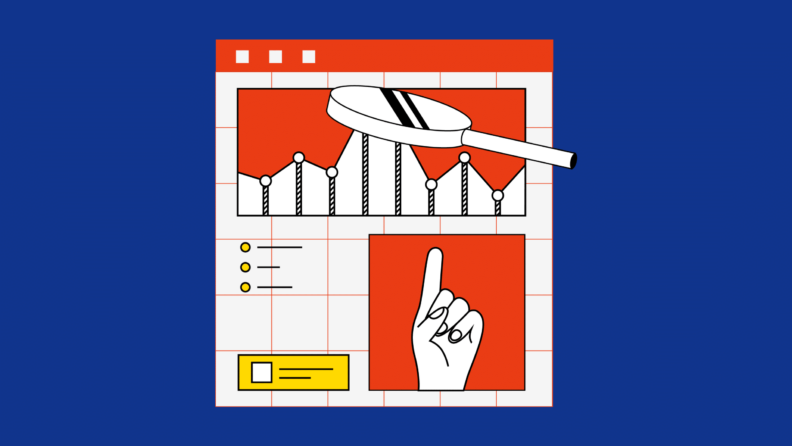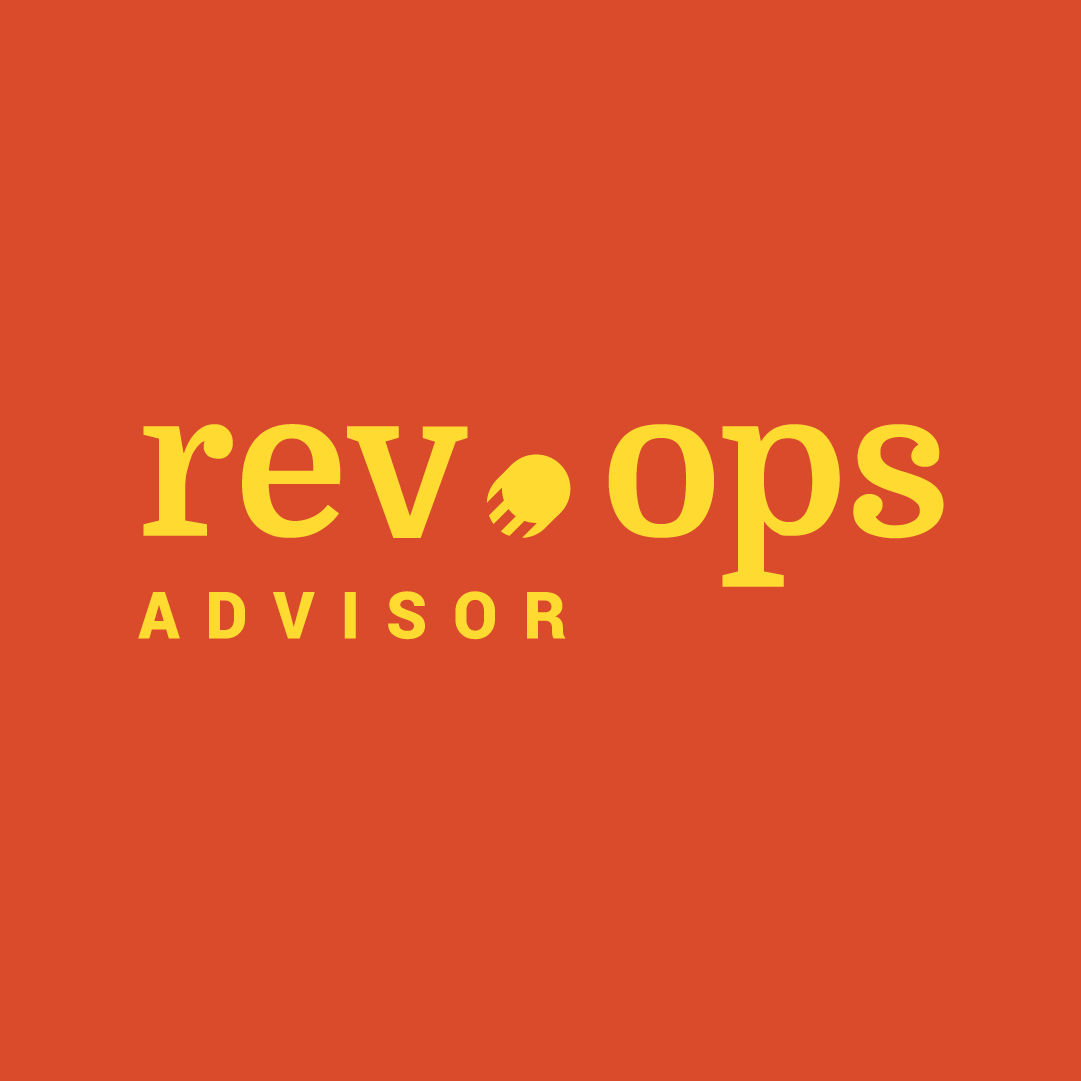To gain a competitive edge, organizations need to do more than just pull data. They need to find innovative ways to reconcile, integrate, and apply that data to make more strategic decisions and streamline processes.
That’s where Enterprise Performance Management (EPM) software can help. These tools add depth and context to your data, weaving together information from a variety of departments to maximize profitability by organization-wide strategic alignment.
In this article, I’m going to explain what EPM software is and how it can help your organization improve decision-making, workflows, and financial performance. Let’s get started.
What is Enterprise Performance Management (EPM)?
Enterprise performance management is a series of processes that organizations can use to budget, plan, report, and forecast on how the business is performing, and “close the books” or finalize their financial results. EPM is a type of business performance management (BPM) that helps organizations understand how their data can be used to influence the achievement of business goals.
Within this methodology, EPM takes operational data and applies management insights, allowing for:
- Better decisions
- More detailed operational planning
- Increased understanding of financial data
- Streamlined financial planning and analysis
Regardless of the industry or scope of the organization, EPM follows a set of best practices that ensure that all processes are supporting business goals.
What is Enterprise Performance Management Software?
EPM software are cloud-based SaaS platforms that present stakeholders like CFOs with visualization tools to provide context and clarity on business data. These software solutions streamline the planning process by contextualizing and combining disparate department data into a single interface.
Rather than using multiple Excel spreadsheets, EPM users can easily access digital dashboards containing a wide range of information and then use this information to create operational and financial plans.

What Are the Benefits of Using EPM Software?
Let’s take a look at some of the primary benefits of using EPM software.
Increase Profitability
EPM software’s primary benefit is that it takes a big picture look at the entire organization to identify under-utilized connections and improve efficiency. Having access to a variety of metrics from a number of different departments leads to advanced business intelligence and forecasting capabilities, including an improved insight on cost, margins, and profitability. In short, having all the data in one place makes it easier to see areas that could be immediately improved in order to increase profitability.
Automate Financial Consolidation
With EPM software, budgeting and financial reporting are much easier to manage, because the data sources are contained within a single interface. Rather than reconciling information from several different sources, EPM software mitigates the risk of human error and provides a comprehensive view of finances across the organization.
Align Business Strategy
Developing effective corporate performance management processes involves taking a look at the efficacy of processes in supply chain, human resources, finance, sales, marketing, and all lines of business. EPM serves up insights that are based on real-time data, aligning the departments in order to make more effective decisions.
Regulatory Compliance
In addition to enabling contextual insight and collaboration, EPM software helps users uphold reporting standards, inputting accurate, real-time data. By automating compliance as part of greater management processes, the risk of errors is minimized and substantial time savings can be experienced as well.
Expedite Financial Close
With EPM software, financial planning and analysis (FP&A) becomes part of the greater ecosystem of business processes. Automated workflows eliminate delays to the financial close and can speed along global account reconciliation in a secure manner.
Key Features of EPM Software
How exactly does EPM software deliver all these benefits? Let’s take a look at some of the key features.
Dashboard Visualizations
Having a visual representation of business performance data makes it easy to understand at a glance.
Reporting
Many EPM software are now using machine learning and artificial intelligence to pull in-depth analytics. As mentioned above, reports can align with corporate and regulatory requirements.
Forecasting
Forecasting is one of the most valuable aspects of EPM. With access to such in-depth data, users can more accurately predict future sales and market opportunities. EPM software provide a number of different modules within the apps to assist with future planning.
Key Performance Indicator Monitoring
EPMs make it easy to monitor KPIs across all business units in real-time. Users can keep an eye on progress as the timeline marches on and pull reports to assess the efficacy of various programs.
Collaborative Modeling
Uncertainty management is a large component of EPM. Collaborative modeling allows users to plan for a variety of different eventualities, based on an established set of assumptions and targets.
What’s the Difference Between EPM and ERP?
Enterprise resource planning, or ERP systems, gather all the transactions taking place (including purchases of assets, costs, sales, and expenses). EPM compiles this data contextually so that it’s easier to understand. From there, it can be used to predict future results and prepare budgets.
In some cases, your ERP will integrate with other platforms, such as your customer relationship management system (CRM) and your human capital management system (HCM). All of these acronyms, however, fall under the umbrella of BPM (business process management) software.
Discover the Right EPM For Your Needs
EPM solutions come in all shapes and sizes and are built to suit a wide range of business needs. Some EPM systems are purpose-built for certain industries and offer specific features to cater those standards.
If your team is eager to work with an EPM platform, check out our list of the Best EPM Software. We’ve done extensive research, verified the user experience, checked pricing, and chosen the absolute best solutions available on the market today.
To stay up to date on the latest insights in the RevOps world, don’t forget to subscribe to our newsletter.
Need expert help selecting the right Business Process Management (BPM) Software?
We’ve joined up with Crozdesk.com to give all our readers (yes, you!) access to Crozdesk’s software advisors. Just use the form below to share your needs, and they will contact you at no cost or commitment. You will then be matched and connected to a shortlist of vendors that best fit your company, and you can access exclusive software discounts!



